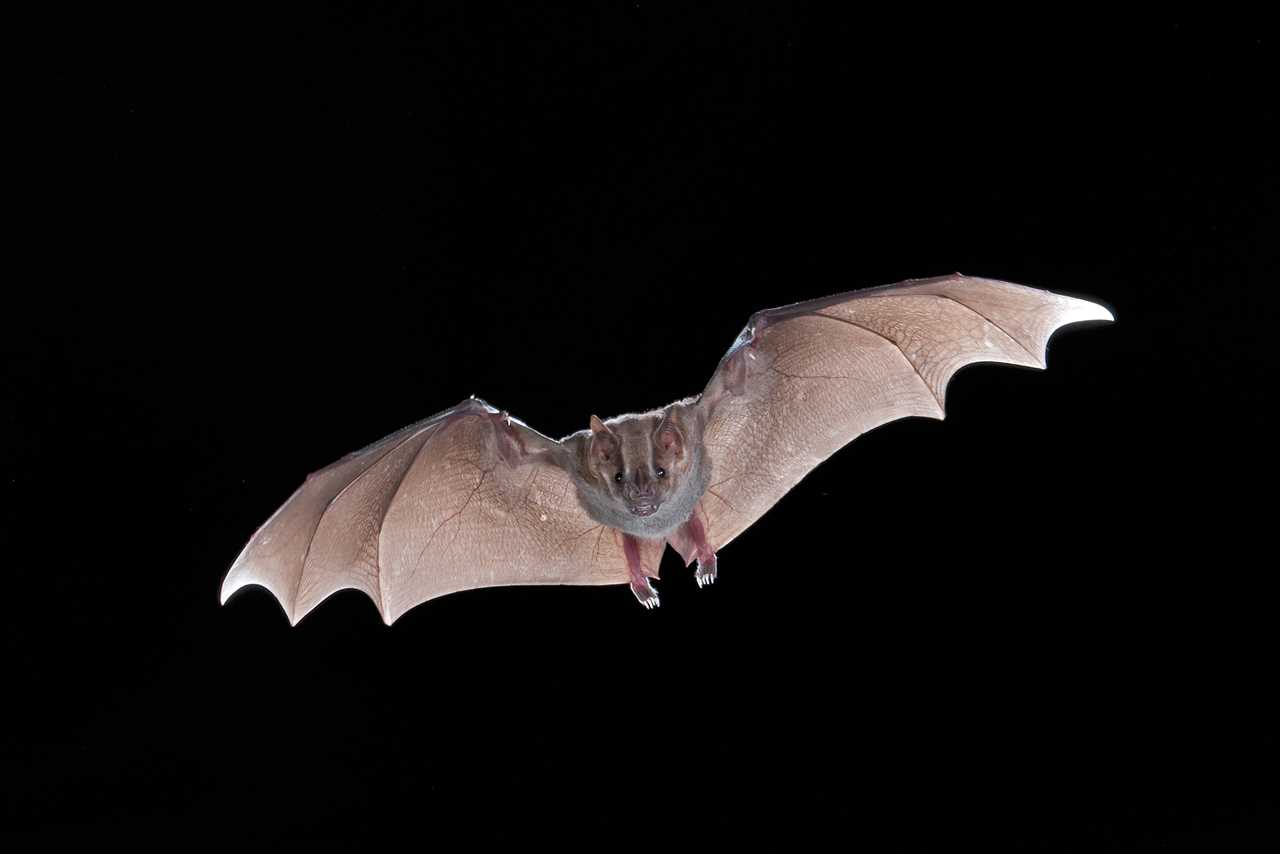
Bats could offer crucial insights into our battle against cancer, a recent study has shown. The research, published in the Genome Biology and Evolution journal, suggests that rapid evolution in bats may explain their ability to both host and survive infections, as well as their ability to avoid developing cancer.
Genetic sequencing reveals significant adaptations in bats
The study focused on two bat species: the Jamaican fruit bat and the Mesoamerican mustached bat. Researchers compared the genetic sequencing of these bats with a wide range of other bat species and mammals.
What they discovered were several notable genetic adaptations in the bats, including 46 genetic variations related to cancer. This suggests that bats may have unique mechanisms for combating cancer, which could potentially be harnessed for human treatments.
New insights into bat biology could lead to breakthroughs in cancer treatment
Dr. Armin Scheben, a researcher from Cold Spring Harbor Laboratory in the US, spoke about the significance of these findings. He said, "By generating these new bat genomes and comparing them to other mammals, we continue to find extraordinary new adaptations in antiviral and anticancer genes."
These findings mark an important step towards harnessing the unique biology of bats to develop innovative treatments for diseases like cancer in humans. The study highlights the potential for bat research to provide valuable insights that could have a significant impact on the field of medicine.






